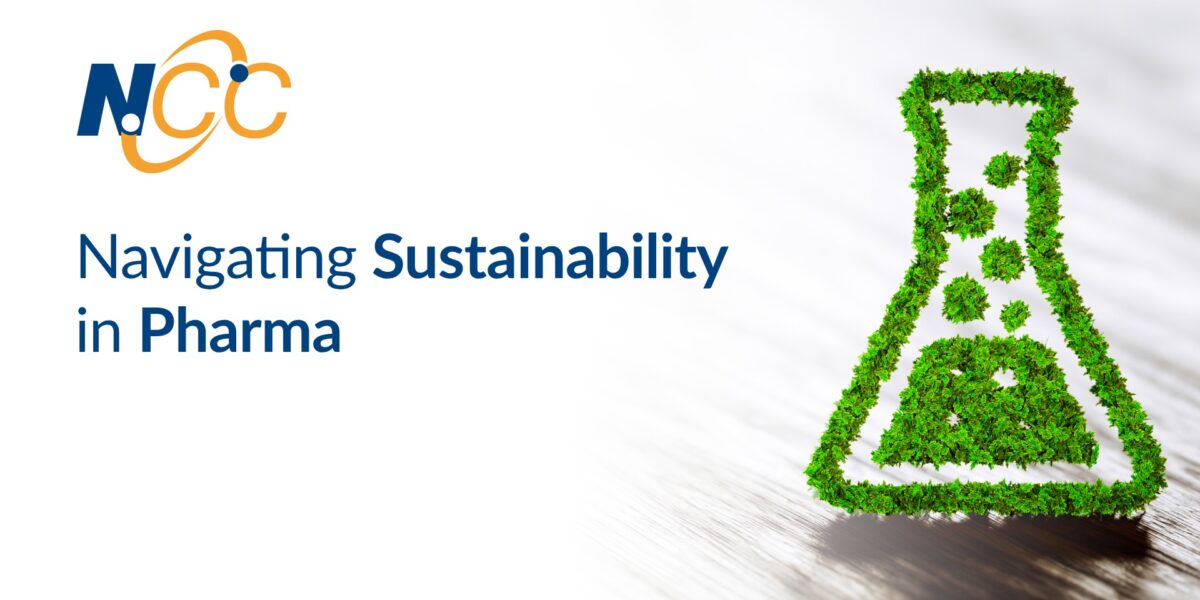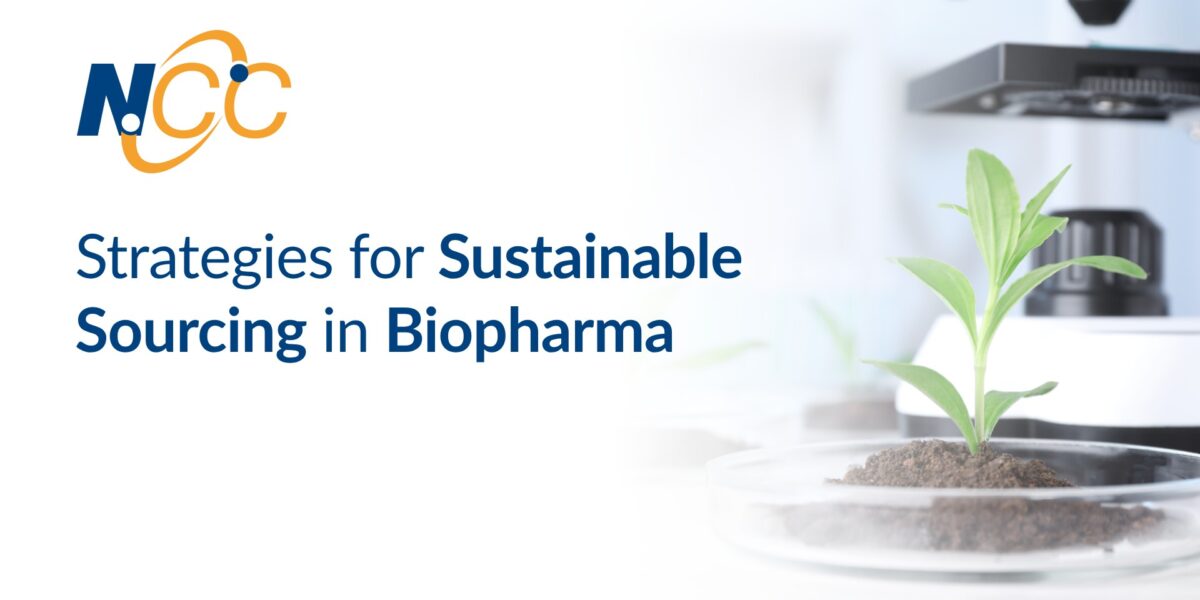Paul Power, Strategic Sourcing & Supply Chain Executive, NCC, discusses the impact of the energy crisis and how it may affect the pharmaceutical industry.
In addition to war, trade barriers and inflation, the recent cost increases and instability of energy is a major challenge facing the pharmaceutical and chemical industry. Not only will this lead to significant additional manufacturing overheads, but it could even result in industry shutdowns. Here at NCC we are encouraging our customers to not only consider the energy crisis from their own perspective but to also acknowledge the many tiers of chemical manufacturers and distributors that make up their raw material supply chain.
The chemical industry is very energy intensive
The chemical industry uses approximately 10% of all gas imported for manufacturing within the EU. Being so energy intensive it is at an increased risk of being directly impacted. To mitigate the impact of the crisis, or to maintain a level of overall business competitiveness, many chemical companies are reducing production or postponing their manufacturing schedules in 2023 altogether.
While many manufacturers are using innovative strategies to reduce energy consumption in their processes, chemical buyers in the pharmaceutical industry must examine their supplier base. We strongly advise that contingency strategies are put in place to maintain production goals and to avoid plant shutdowns.
Second sources for key materials should be a priority
EU chemical manufacturers are traditionally considered a very reliable source for raw materials as regards to the pharma industry, though not as always keenly priced as some manufacturers in Asia. For the foreseeable future however, this is unlikely to be the case. With that in mind, finding second sources for key materials should be a priority.
This can be achieved by examining what raw materials are used in a manufacturing process and avoiding sources that are using high amounts of ‘vulnerable’ materials. For example, ammonia relies on gas as a feedstock to be produced. Previously ammonia was relatively cheap to manufacture and was readily available across the globe. With spiralling energy costs, ammonia production has been reduced by 70%. This creates huge pressure on manufacturers who rely on ammonia to produce an array of other materials. Chemicals like methanol, melamine, caprolactam are similarly vulnerable to the energy crisis, and are common upstream materials used in the production of a huge collection of fine chemicals
When deciding a second source, geography also plays a key role, mitigating any macroeconomic or political events that could otherwise affect both sources simultaneously. For example, if a potential shutdown was to take place at one of the intensive chemical sites in Germany, the impact would have huge consequences for the EU market in a matter of weeks. We would strongly advise to examine potential raw material suppliers at a global level and ensure secondary sources will remain viable if your primary source is affected by the energy crisis. Consider who your suppliers purchase raw materials from, and how current events might have an impact on their ability to produce. For key raw materials, consider going as far up the chain as possible, to fully understand how shortages of certain chemicals could have a cascade effect along the supply chain.
Time to take another look at green chemistry?
The energy crisis is likely to accelerate cleaner energy sources, and as well as alternative chemicals produced using less energy. With spiralling costs and energy challenges, now might be the time to change to greener chemistry. Greener chemicals are now rapidly becoming more economically viable then their traditional alternatives. What may have previously been seen as non-cost effective business decision, may now be a prudent financial and environmental move with little impact to overall procurement spend.
NCC is a strategic sourcing partner, we can assist in any of your supply chain challenges, from diversifying your material supply base, to creating a greener raw material footprint. We further help mitigate material risk, with local storage options, as well as having strong partnerships with principal chemical manufacturers globally. For more information, call (01) 6131400 or fill out the form below and we’ll be in touch.




